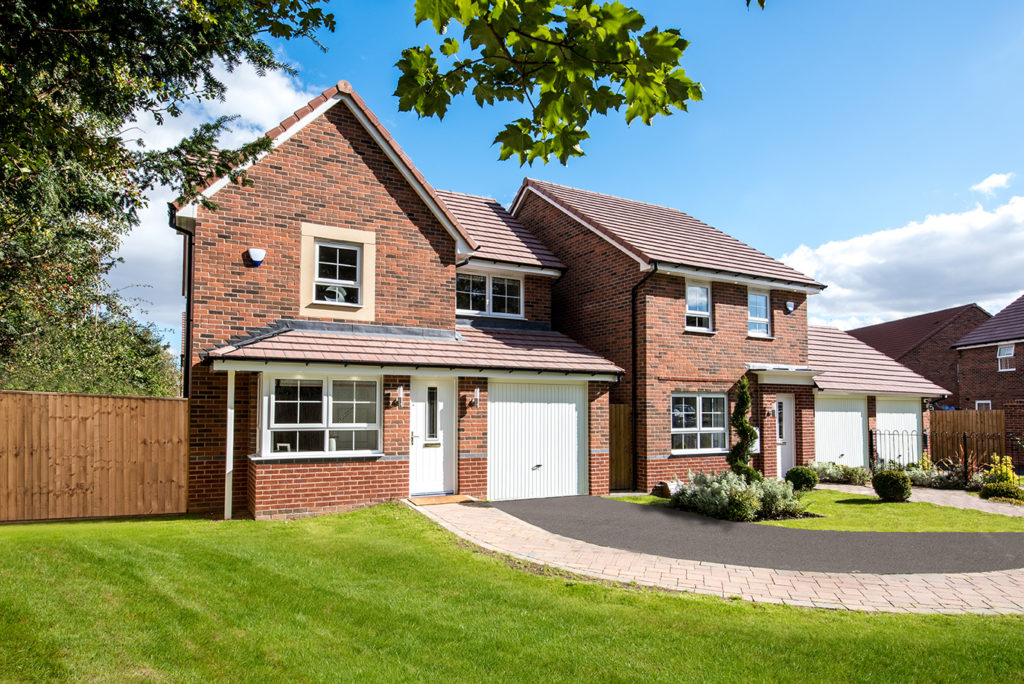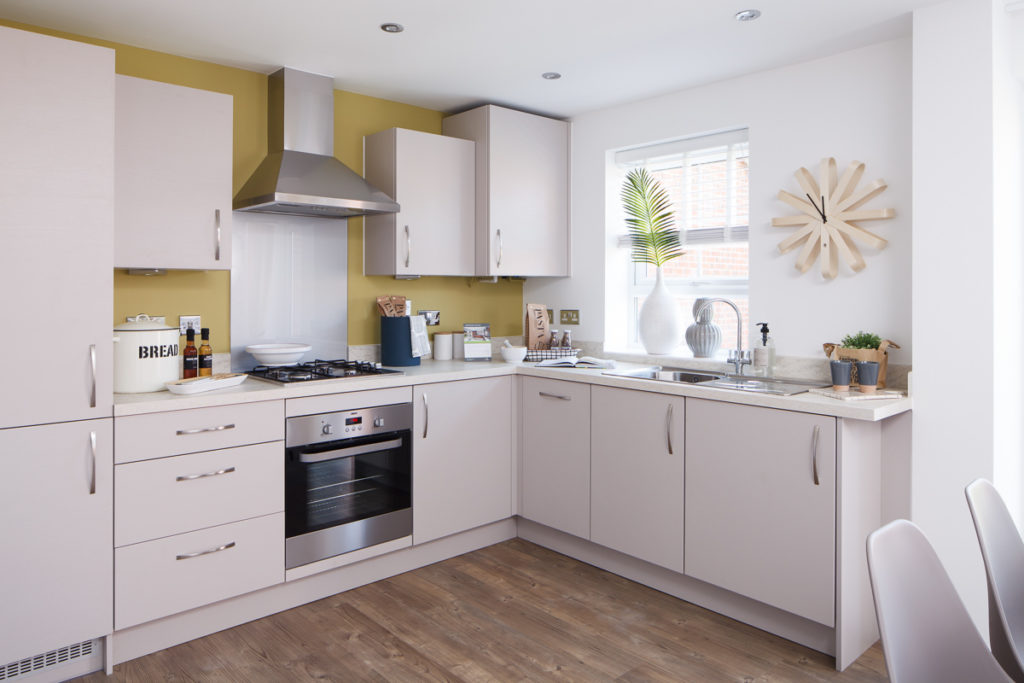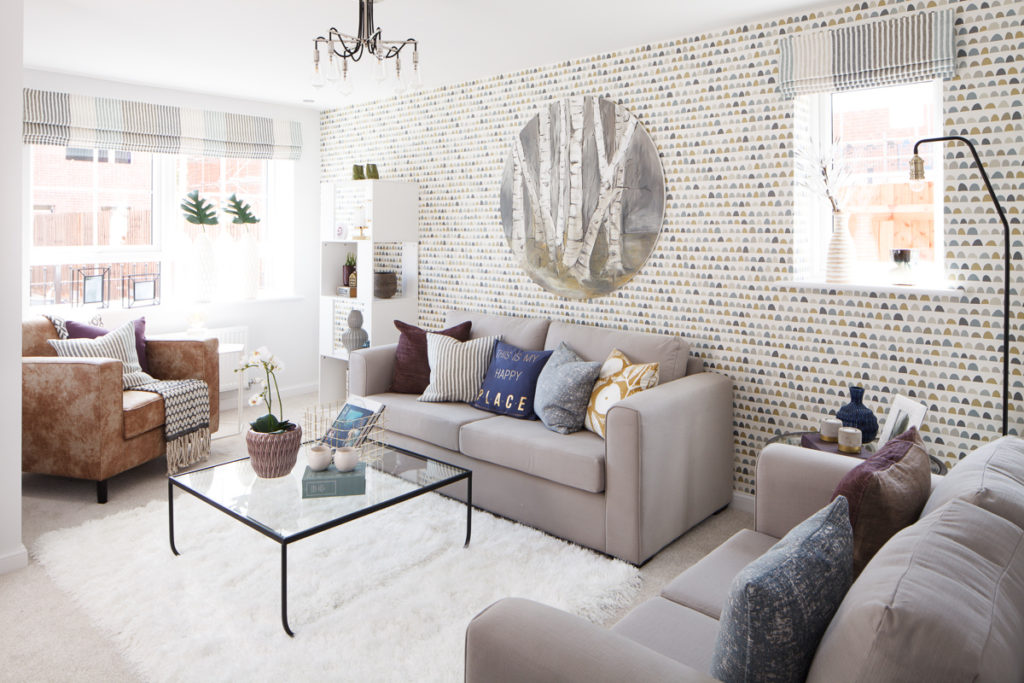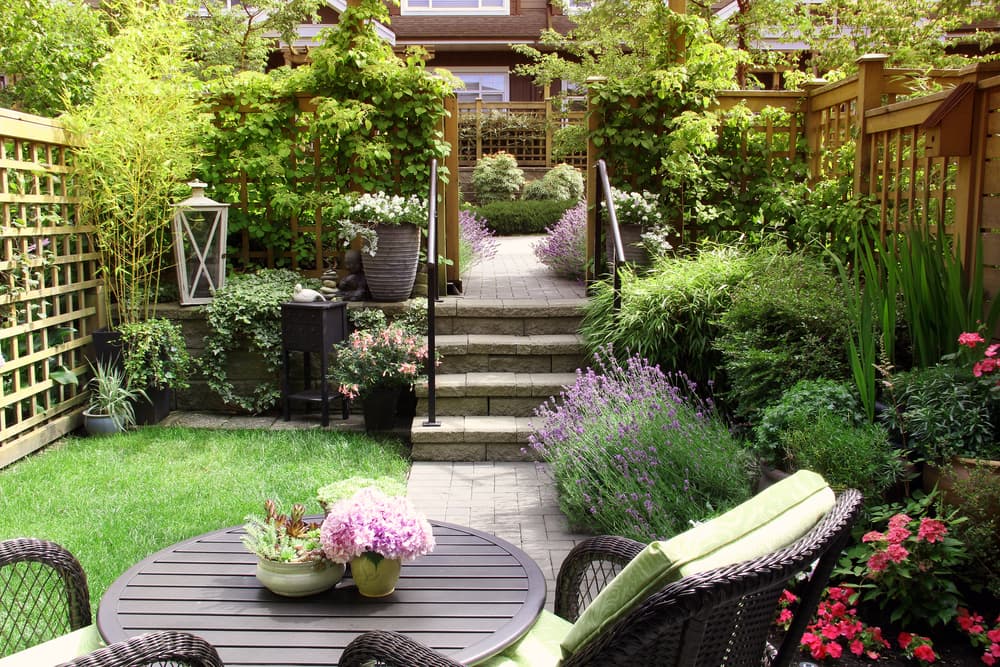
Buying a new home can be overwhelming at times, but it doesn’t have to be a stressful experience. To help you make the most of your next house viewing, we’ve put together a list of ten questions to ask your agent, developer or seller.
1. How much interest has there been in this plot/development?

More often than not, brand new homes are not on the market for long. Prepare to act quickly – especially if there has been a lot of interest already. By finding out how many people have viewed the house, you’ll have a better idea of how much ‘thinking’ time you have before coming to a decision.
2. Is there a chain?
If there’s no onward chain – such as with a new home, a bereavement or emigration – it’s likely you’ll be able to move quickly, especially if you’re a first-time buyer with no property of your own to sell. Without a chain you’ll have more leverage as a buyer, as you won’t hold up the buying process. Make sure you use this advantage during negotiations.
3. What’s included in the sale?

If you’re buying an older home, it can be surprising to discover what the previous owner has left behind, so make sure you check first. Will the garden shed be staying? What about the white goods?
While this can sometimes work in your favour, all too often it’s an inconvenience having to get rid of unwanted items. If you opt for a brand new home, you’ll eliminate the problem by moving into a house that’s a blank canvas.
As part of the purchase process, you will discuss what is and what isn’t included in the purchase price. If you are buying a new build property, you can also find out what can be added as an extra and ready for you on the day you move in.
4. What are the neighbours like?
If you’re moving into an unfamiliar area, it’s worth finding out what the neighbours are like. If you choose to move to a development of new homes, you and your neighbours will all be moving in around the same time. This can be a big advantage when it comes to creating a friendly new community.
5. How much does it cost to run?

It’s important to know how much a home costs to run, as the figure can vary wildly from house to house depending on age and improvements. Find out how much the Council Tax is, along with the average spend on utilities, by asking the seller or researching online. If you’re buying a new home, the energy performance will be very good and could help keep your bills down. This could considerably reduce your running costs compared to an older home.
6. How does the customer care process work?
When you buy a new home, you’ll have a set amount of time to report any minor remedial items to be rectified. Before you buy, it’s worth finding out exactly how the process works. If you buy an older home, you will be responsible for the costs to put anything right.
7. Which way do the house and garden face?

If you like relaxing in the garden on summer evenings or reading books in natural light, the direction the house faces can make a big difference. Install a compass on your smartphone and check on the viewing. South facing gardens are at a premium as they offer maximum sunlight throughout the day.
8. How much work will be required after moving in?
Older houses might require more work than new homes. These could range from:
- Improving energy efficiency
- Addressing damp problems
- Changing the decor
If you want to avoid extra work, opt for a new home which will be built to the very latest regulations and standards.
9. Are you open to offers?
Negotiation is all part of the house-buying process, so it’s worth finding out how to make an offer if you’d like to buy the home. Have a chat with the seller (or estate agent) to minimise the risk of going in with an offer that’s too low or too high. Find out if any other offers have been made and rejected.
Whether or not a vendor is open to offers depends on numerous factors. For example, the level of interest in the property or whether the purchaser is in a strong position with no chain or mortgage.
10. When can we move in?
With a new build home, you will be able to move in as soon as the building has been completed. By having a date to work towards, you can plan your other jobs – such as instructing a conveyancing solicitor, packing your belongings and arranging a removal van.
Looking for the best locations to move to? Why not look at our collections of houses available in Glasgow, Birmingham & Manchester here?



